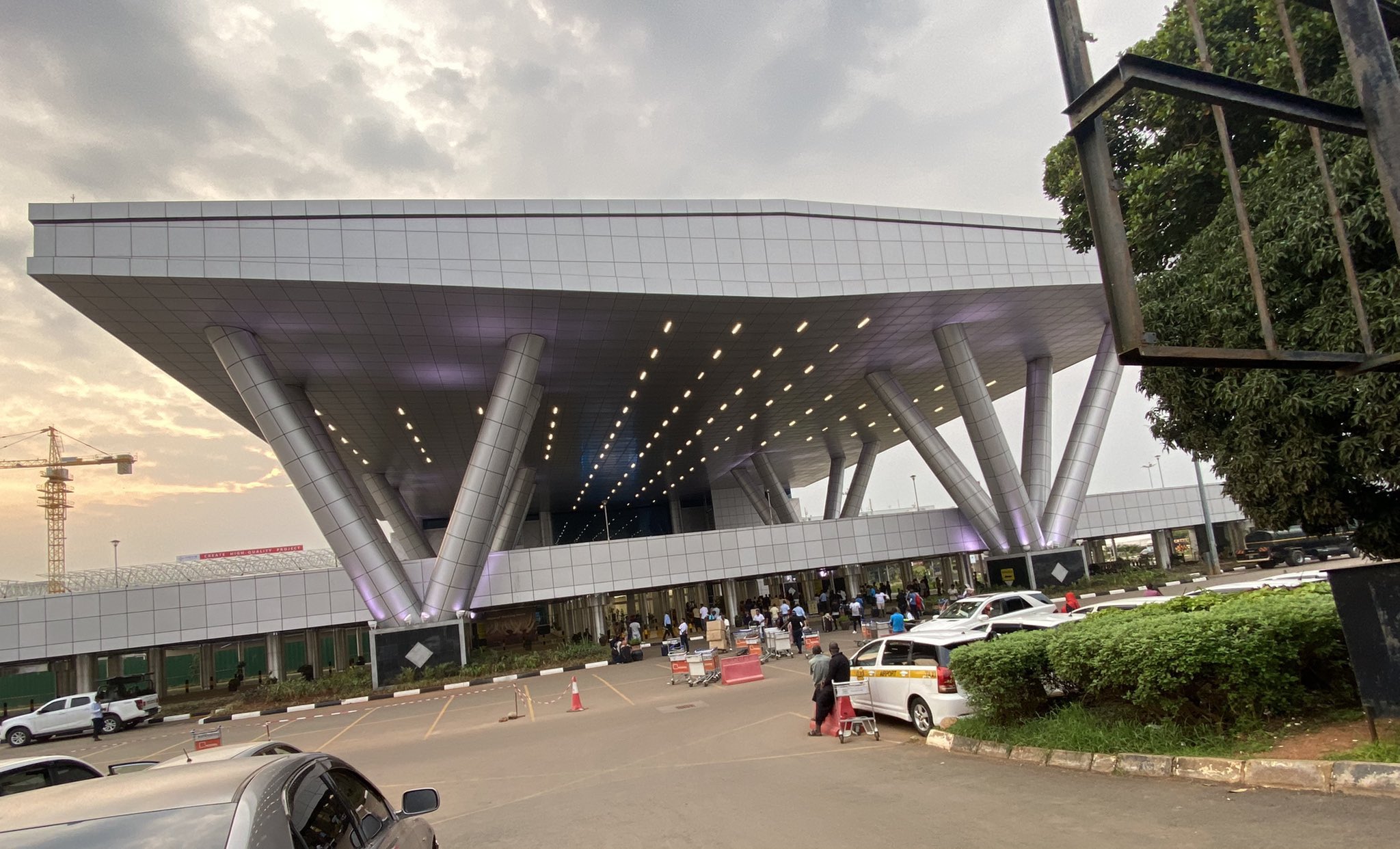Background
In a move that has sent shockwaves through Uganda’s aviation sector, President Yoweri Museveni has ordered the immediate dismissal of more than 150 staff members at Entebbe International Airport. This directive, issued in late June 2025, comes after months of escalating public outrage over corruption, inefficiency, and the recruitment of unqualified personnel at the country’s main gateway to the world.
The President’s Directive
President Museveni’s letter, addressed to the Minister of Works and Transport, General Edward Katumba Wamala, outlined grave concerns about the Uganda Civil Aviation Authority (UCAA). The President cited “massive corruption” and the presence of unqualified staff as critical issues undermining the airport’s reputation and operational efficiency. The internal probe that preceded this directive identified 152 staff members whose qualifications and conduct were found wanting. Museveni’s order was unequivocal: these individuals, along with those responsible for their recruitment, must be dismissed without delay.
Museveni’s letter highlighted specific incidents that underscored the gravity of the situation. One notable example was the embarrassing episode in which Maama Maria Nyerere, widow of the late Tanzanian President Julius Nyerere, was trapped in a malfunctioning airport lift for several minutes. The President pointed to this as a symptom of deeper systemic failures caused by poor hiring practices and lack of accountability.
Roots of the Crisis
The President’s drastic action follows a series of viral social media exposés in late 2023, which brought to light rampant bribery and extortion at Entebbe International Airport. Passengers recounted being coerced into paying bribes—sometimes as high as $500—to airport staff in order to proceed with their journeys. In one particularly egregious case, a staff member was alleged to have pocketed $10,000 to illegally facilitate a passenger’s travel to Brazil.
These revelations sparked widespread public anger and forced the UCAA, along with other stakeholders, to initiate a series of reforms. The State House Anti-Corruption Unit became actively involved, working with immigration and police authorities to investigate and prosecute those implicated in the scandals. By early 2024, dozens of staff from various agencies operating at the airport had already been suspended, terminated, or subjected to other disciplinary measures.
Impact on Uganda’s Aviation Sector
Entebbe International Airport is Uganda’s only international gateway and a critical hub for both passenger and cargo traffic. The airport has recently experienced rapid growth, with passenger numbers and cargo volumes reaching record highs in 2025. However, this growth has placed immense pressure on its infrastructure and staff, making operational integrity and efficiency more important than ever.
The President’s directive is seen as both a response to public demands for accountability and a strategic move to restore confidence in Uganda’s aviation sector. The mass sacking is expected to pave the way for a comprehensive overhaul of recruitment and management practices at the airport. It also sends a strong message about the government’s commitment to rooting out corruption and ensuring that only qualified, ethical personnel are entrusted with critical national infrastructure.
Reforms and the Way Forward
In the wake of Museveni’s order, the UCAA and Ministry of Works and Transport are under immense pressure to implement sweeping reforms. These include:
- Transparent recruitment processes to ensure only qualified candidates are hired.
- Stricter supervision and monitoring of airport staff to prevent future misconduct.
- Enhanced training and capacity-building for all personnel.
- Improved reporting and accountability mechanisms for passengers and staff.
The government has also reiterated its call for the public to report any incidents of corruption or misconduct, promising swift and just disciplinary action against offenders.
Conclusion
President Museveni’s decision to sack over 150 Entebbe airport staff marks a watershed moment for Uganda’s aviation sector. It reflects a growing intolerance for corruption and inefficiency at the highest levels of government and signals a renewed commitment to transparency and professionalism. As the airport embarks on this new chapter, the eyes of the nation—and the world—will be watching to see if these reforms translate into lasting change.

